-
ABOUT THE AUTHOR
Erik Jahner, PhD
Erik Jahner received his PhD in Educational Psychology from University of California Riverside and his Masters in Linguistics from California State University Long Beach. He examines how the socially situated and embodied mind develops the capacity for persistent seeking behaviors. His inquiries have been at the intersection of neuroscience, psychology, education, and linguistics, which has allowed him to explore the bioecological development around interest, curiosity, and information-seeking behaviors and experiences. On the pathway to understanding the neural dynamics of resting-state connectivity associated with differences in interest actualization, Jahner currently seeks to better understand the phenomenological and psychophysiological indicators of the emotions associated with individual interest engagement. At this moment Jahner is situating this line of research around adolescents and young adults attending a progressive high school in Los Angeles. In Jahner’s spare time, he explores the nature of humanity through science fiction, imagination, and artistic endeavors.
Tags
ADHD adolescence attention autism book review boundary conditions classroom advice conference speakers constructivism/direct instruction creativity desirable difficulty development dual coding elementary school embodied cognition emotion evolution exercise experts and novices gender high school homework intelligence long-term memory math methodology middle school mind-wandering mindfulness Mindset motivation neuromyths neuroscience online learning parents psychology reading retrieval practice self-control skepticism sleep STEM stress technology working memoryRecent Comments
- Revisiting the "Handwriting vs. Laptops" Debate: More Moving Goalposts |Education & Teacher Conferences on Handwritten Notes or Laptop Notes: A Skeptic Converted?
- The Power Of A Growth Mindset: How Students Can Overcome Challenges - Sunshine Blessings on The Rise and Fall and Rise of Growth Mindset
- Goals, Failure, and Emotions: a Conceptual Framework |Education & Teacher Conferences on “Learning from Mistakes” vs. “Learning from Explanations”
- From Destruction to Rebuilding: Hope in Science’s Down Cycle on When Analogies Go Wrong: The Benefits of Stress?
- Dual Coding: Boosting Learning Through Words and Images – White Dragon of East County on Visual & Verbal: Welcome to “Dual Coding”
ABOUT THE BLOG

Anxious Generation by Jonathan Haidt
From the author of The Coddling of the American Mind, The Righteous Mind, and The…
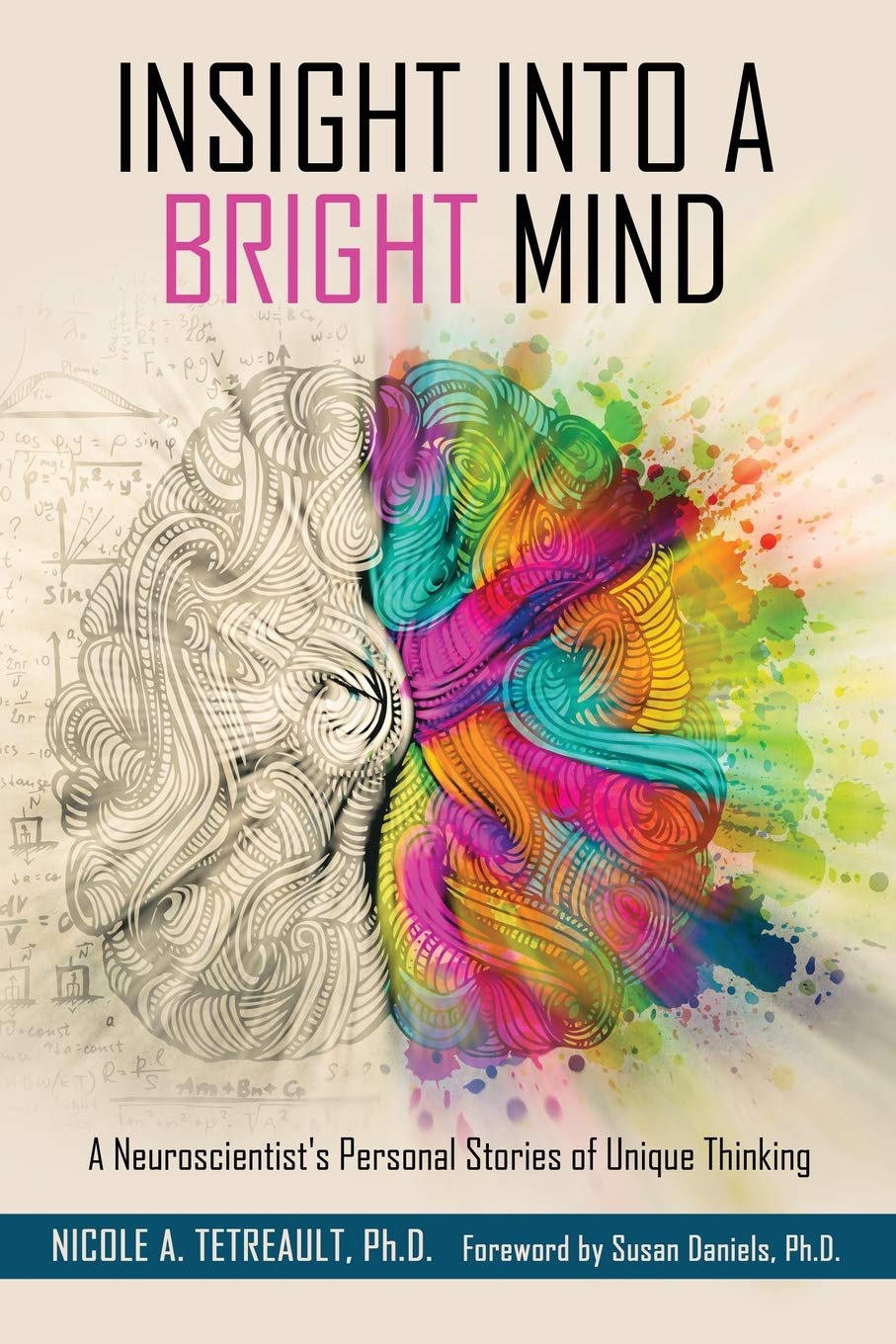
Insight into a Bright Mind by Nicole Tetreault
Insight into a Bright Mind: A Neuroscientist’s Personal Stories of Unique Thinking is a profoundly…
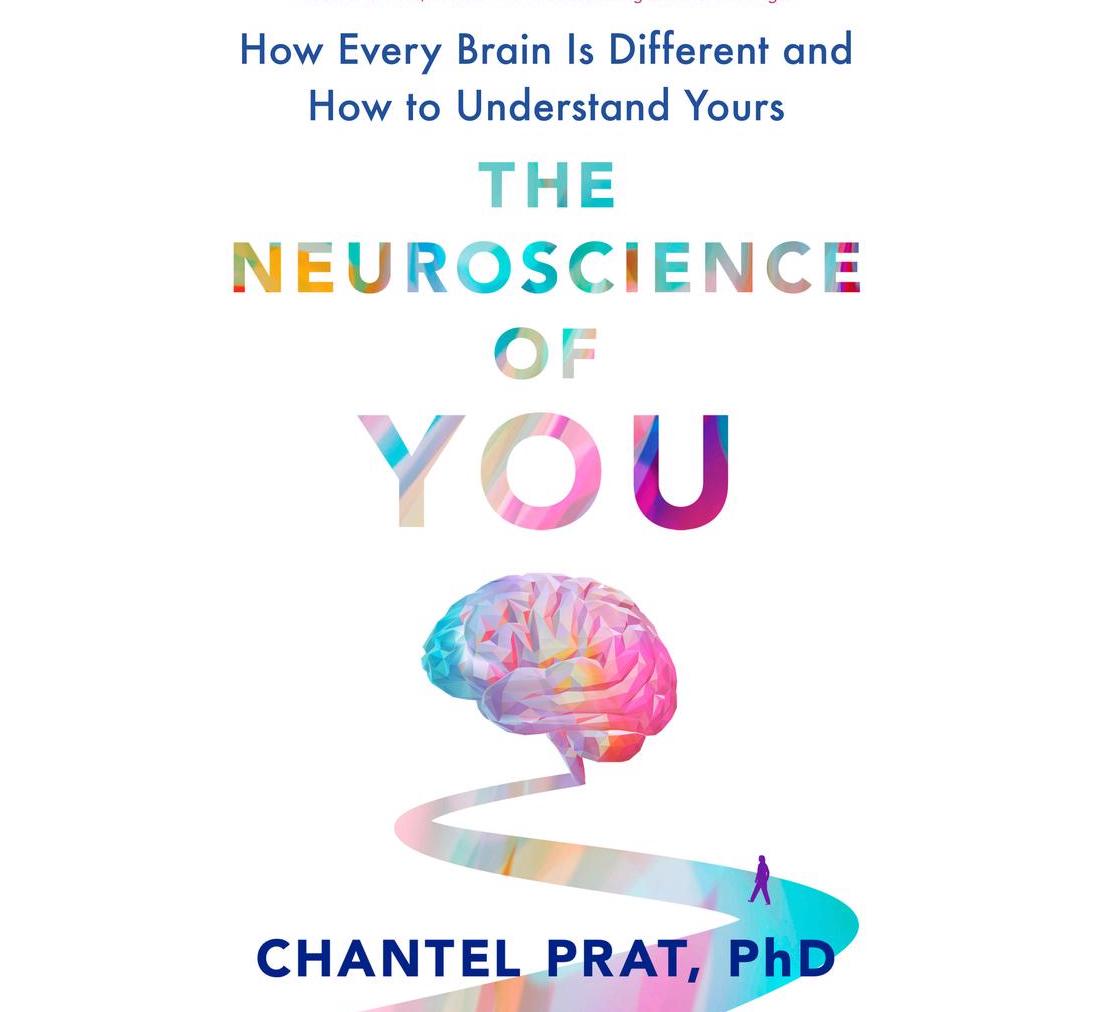
The Neuroscience of You by Chantel Prat
What a blast! Despite diving into countless neuroscience introductions, this journey felt uniquely enjoyable, resonating…

Evolutionary Intelligence by Russell Neuman
I have recently been reviewing human-technology interactions with a team at Brookings, and it is…
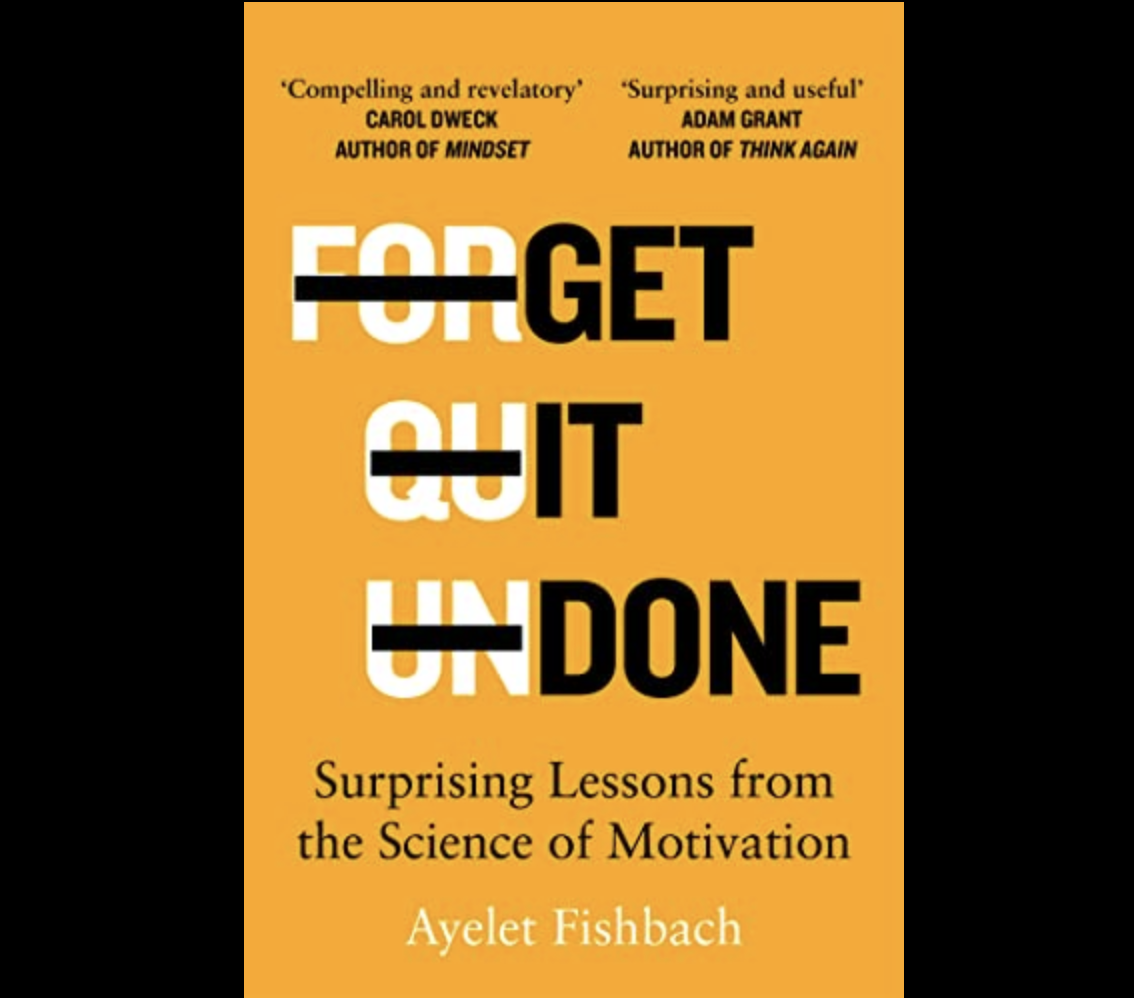
Get It Done by Ayelet Fishbach
Over the last few months, I have been working with a student who is retaking…
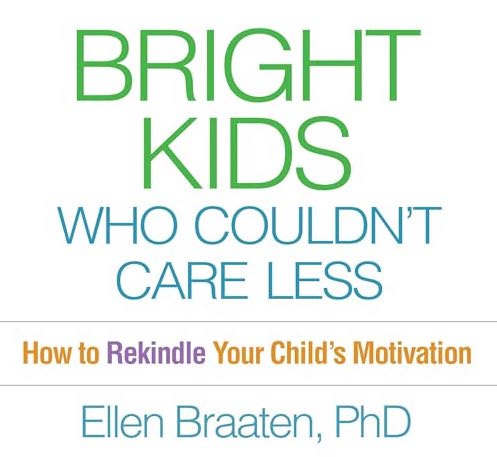
Bright Kids Who Couldn’t Care Less by Ellen Braaten
In Bright Kids Who Couldn’t Care Less: How to Rekindle Your Child’s Motivation, Ellen Braaten…

The New Science of Learning by Todd Zakrajsek
In the ever-evolving realm of educational literature this is quickly becoming a classic. The New…
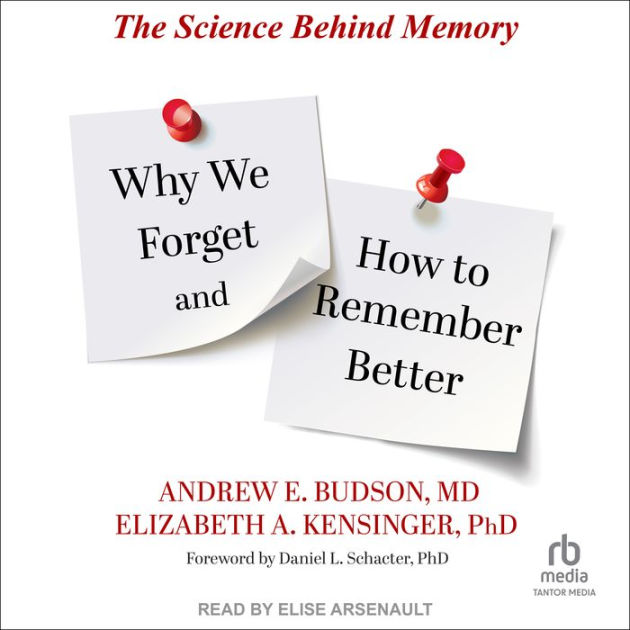
Why We Forget and How to Remember Better by Dr....
Why We Forget and How to Remember Better by Dr. Andrew E. Budson and Dr….
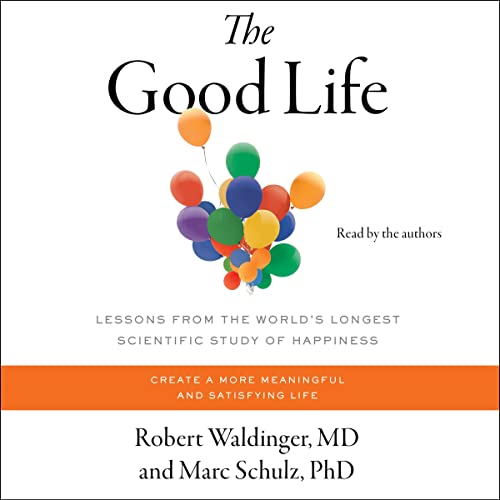
The Good Life by Robert Waldinger & Marc Schulz
The Good Life: Lessons from the World’s Longest Scientific Study of Happiness serves as a…


